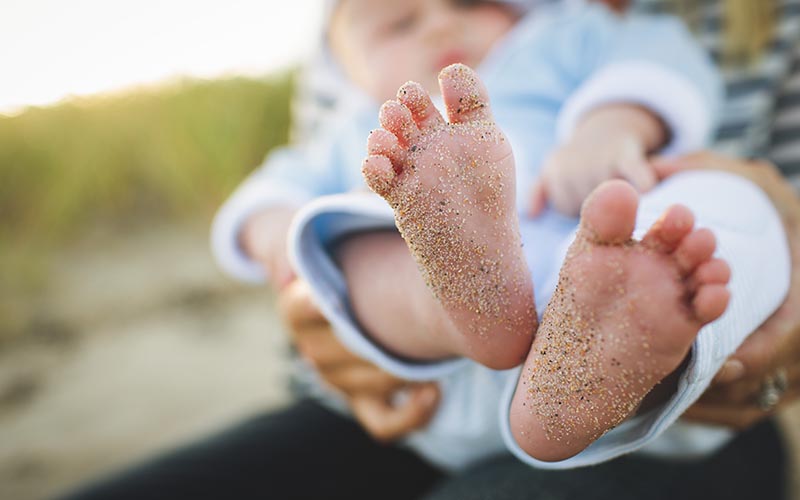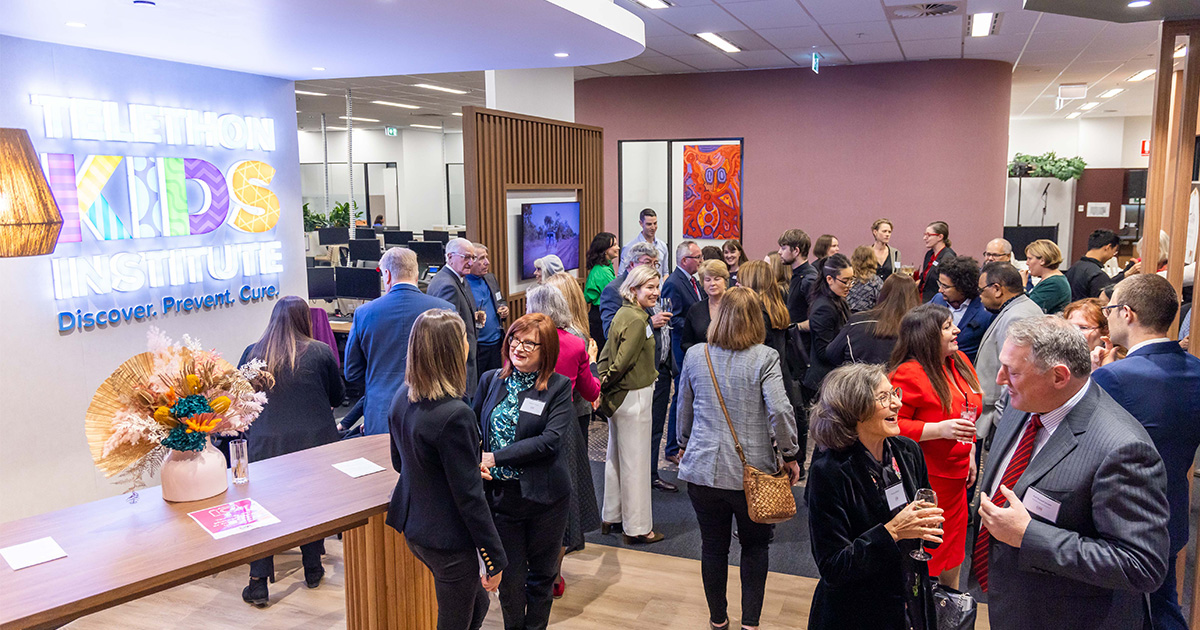Search
Showing results for "Au"

News & Events
Researching support needs for dads with children in preterm careThe mental health and wellbeing of new fathers whose children end up in neonatal intensive care is the focus of a new project to be led by The Kids Research Institute Australia researchers, thanks to a $388,000 grant from Healthway.

News & Events
Stan Perron Charitable Foundation grants boost WA child health researchNew funding from the Stan Perron Charitable Foundation will support innovative research projects and programs at The Kids Research Institute Australia with the aim of improving the health and wellbeing of WA children and their families.

News & Events
Joint Statement: New names reflect growing impact of Telethon and its beneficiariesBy mutual agreement with the Channel 7 Telethon Trust (Telethon), The Kids Research Institute Australia and Telethon Speech and Hearing will both rebrand in 2024.

News & Events
Government grants to support valuable new child health researchEight The Kids Research Institute Australia-led projects will benefit from the latest round of WA Child Research Fund (WACRF) grants, announced this week by Medical Research Minister Stephen Dawson.

News & Events
The Kids Research Institute Australia to lead ground-breaking child health research in South AustraliaThe Kids Research Institute Australia's Adelaide facility has been officially opened by South Australian Premier Peter Malinauskas.

News & Events
The Kids Research Institute Australia welcomes tough new measures to save kids from vapingThe Kids Research Institute Australia strongly supports the Federal Government’s announcement today to introduce a suite of reforms aimed at banning non-prescription vaping products in Australia.

News & Events
Trial of new antibody gives hope to children suffering from brain cancerChildren with aggressive brain cancers could soon have access to a significant new treatment option, using a unique antibody that stops cancer cells from repairing themselves.
Research
Population-based estimates of the effectiveness of pneumococcal vaccination in AustraliaAustralia’s Childhood Immunisation Register (ACIR) is one of only a handful of national immunisation registers world-wide.
Research
Randomized controlled trial of early regular egg intake to prevent egg allergyWe aimed to determine whether regular consumption of egg protein from 4-6 month old reduced the risk of IgE-mediated egg allergy in infants without eczema.
Research
An in silico pipeline to filter the Toxoplasma gondii proteome for proteins that could traffic to the host cell nucleus and influence host cell epigenetic regulationTo identify genes with putative epigenetic functions, we developed an in silico pipeline to interrogate the T. gondii proteome of 8313 proteins
